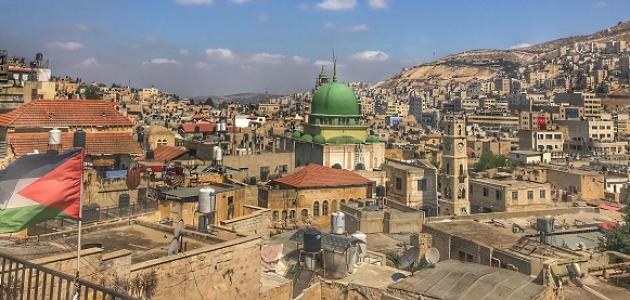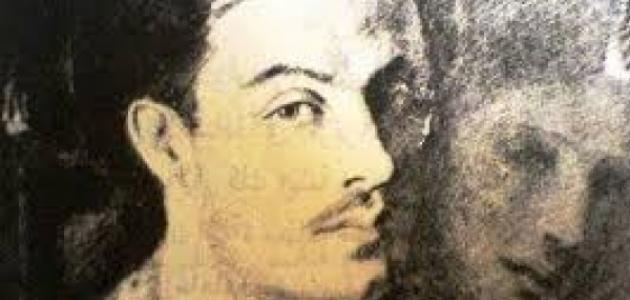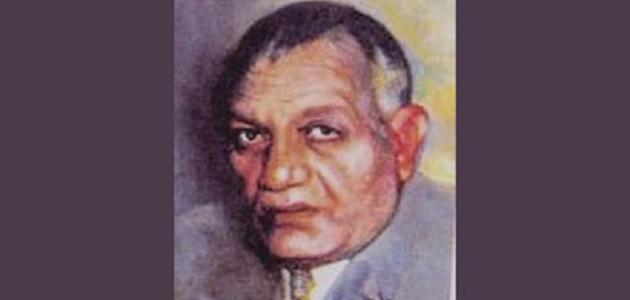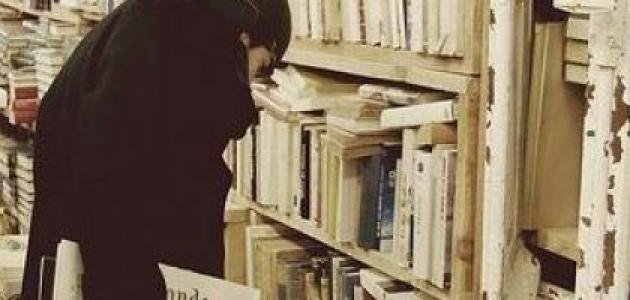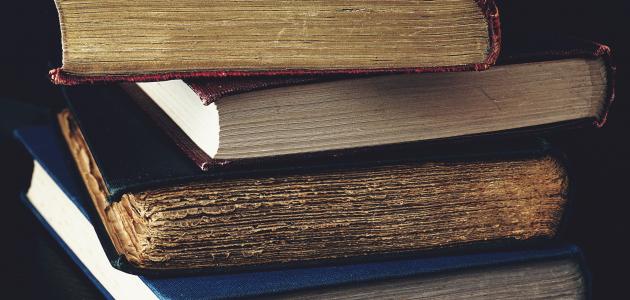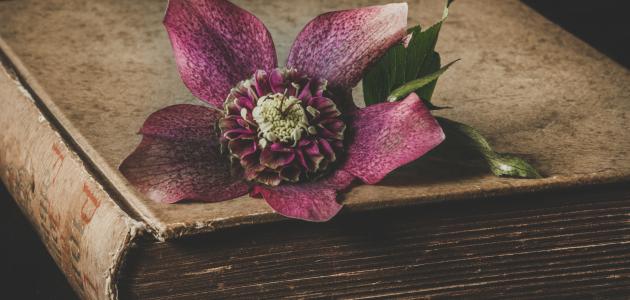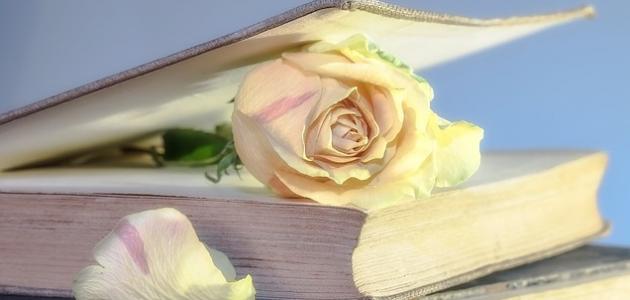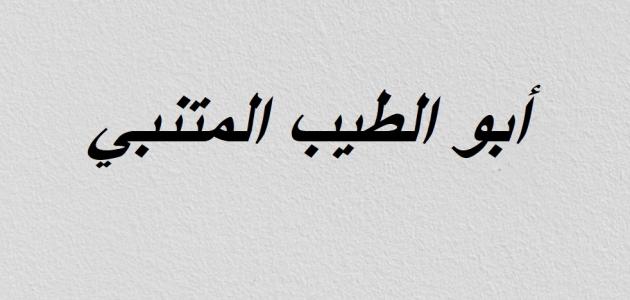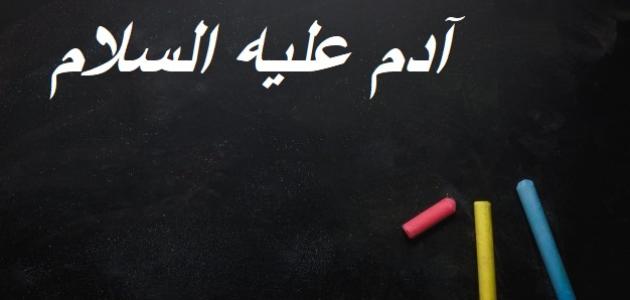Fadwa Touqan was born
Poet and writer Fadwa Toukan was born in 1917 AD in the Palestinian city of Nablus to a family famous for culture and enjoying wealth. She also held Jordanian nationality, as her family had a great position in Jordanian society. The prestige and generosity of its origins go back to the Touqan tribe that came from the Touqan hill in Syria, and civilization and originality were present throughout this house, and her house was politically and socially influential because her father, Abdel Fattah Touqan, was a wise man and thinker, and he was of great importance and position among Senior men of industry and commerce, and was distinguished by farsightedness and the ability to formulate the good and sour joke that the Touqan family enjoyed in general, while her mother, Fawzia Ashkelon, was a prominent figure in society characterized by wisdom.
Fadwa Touqan had the seventh rank among her ten siblings, five of them girls and five boys, and among the stories that remained stuck in Fadwa’s memory was what was from her mother when she thought of aborting a Fadwa fetus, and this matter made Fadwa taste the bitterness of rejection before she reached the threshold of life, but Fadwa remained safe in her mother's womb until she was finally born, and this was the beginning of clinging to life, as Fadwa later described it.
Read also:Where was Antarah bin Shaddad born?Fadwa was given this name because her parents loved the stories of Gerji Zaidan, and they gave her this name that stuck in their memory for the heroine of one of the stories they loved, which is the story of the captive of Al-Mahdi. Time, and when Fadwa asked her mother about the date of her birth one time, she answered her laughing that it came on a day when she was cooking squid, and what is known about squid is that it grows in the mountains of Palestine in the spring during the months of February, March and April.
Teaching Fadwa Touqan
Fadwa began her journey on school benches when she was sent to school at the age of seven, and there she began to learn letters and words with passion, interest, and love. As a result of the satisfaction and love, Fadwa excelled in her studies and developed her personality. She was assigned by some teachers to teach some students.
Fadwa continued to bloom and flourish with the passing of the years until the death of her uncle, Hajj Hafez, in 1927 AD, whose loss pained her and her heart was wracked, as her uncle used to shower her with tenderness and compassion. To school because of the illness that kept her in bed and then took her from life, and with these incidents, questions of fate and death flared up within her, and at the age of sixteen she was ordered to leave school and stay at home, and in this way her studies were not completed.
Read also:A search for the poet Elia Abu MadiFadwa's relationship with her brother, Ibrahim Touqan
The poet Ibrahim Touqan is considered one of the springs from which Fadwa drew her culture, confidence, and ability to endure and continue the path. The poet Ibrahim Touqan returned from Beirut in 1929 AD after completing his studies at the American University. And a hindrance to freeing the energies, so he took her touring the outskirts of the city, teaching her and entertaining her in front of the specter of despair, and when he knew her tendencies to poetry, he began to choose poems for her and listen to her reciting them after she wrote them and memorized them. And Fadwa said about Ibrahim later that he made her present a green meadow and a field of promising wheat fields, and her brother Ibrahim died in his youth in 1941 AD after igniting the flame of freedom and struggle in the soul of his sister, Fadwa.
Fadwa opened up to the texts and personalities of Arabic literature through her close relationship with her brother, the poet Ibrahim Touqan, and she knew that the reality is greater than the borders of the house, and with this the poet entered into a conflict with the imposed reality and began to snatch her rights without waiting for them to be returned to her, and she reached with her strength and freedom what made her demand rights Women and defend the Palestinian cause, and thus Fadwa became a symbol of contemporary Arab poetry.
Ibrahim Touqan used to call Fadwa Umm al-Tamam, in reference to the poet Abi Tammam, and Fadwa used to publish her ghazal poems under various pseudonyms, such as: Dinars and al-Mutawaqa. And that she was surrounded by the rulings of the family, and Fadwa was later called by many titles, such as: the women of the twentieth century, the violet flower, the blessed olive tree, and the oak tree, and the poet Mahmoud Darwish called her the mother of Palestinian poetry.
Read also:Search for three writers from the Abbasid eraThe death of Fadwa Touqan
Fadwa Touqan was an example of audacity and impulsiveness in revealing and confessing, and she steadfastly took bold steps in her society. She participated in conferences and seminars held by prominent Palestinian poets after the setback of 1967 AD, after she returned from London to share with people the details of their pain and their lives, and for her boldness and strength during her life and for her influence. Fadwa was honored in many Arab and Western forums and was awarded many awards, such as: The Sultan Al Owais Award in the United Arab Emirates in 1989 AD, the Kvax Prize for Poetry in Greece, and the Tunisian Cultural Merit Medal in 1996.
Fadwa Touqan passed away on the night of Saturday the twelfth of December 2003 AD after eighty-six years she spent resisting injustice and despair and defending rights and freedom and the Palestinian cause with her pen, poetry and voice, and the words of her famous poem were left on her grave: “It is enough for me to die on her and be buried in her, and I will perish and spread grass on her land.” …”
